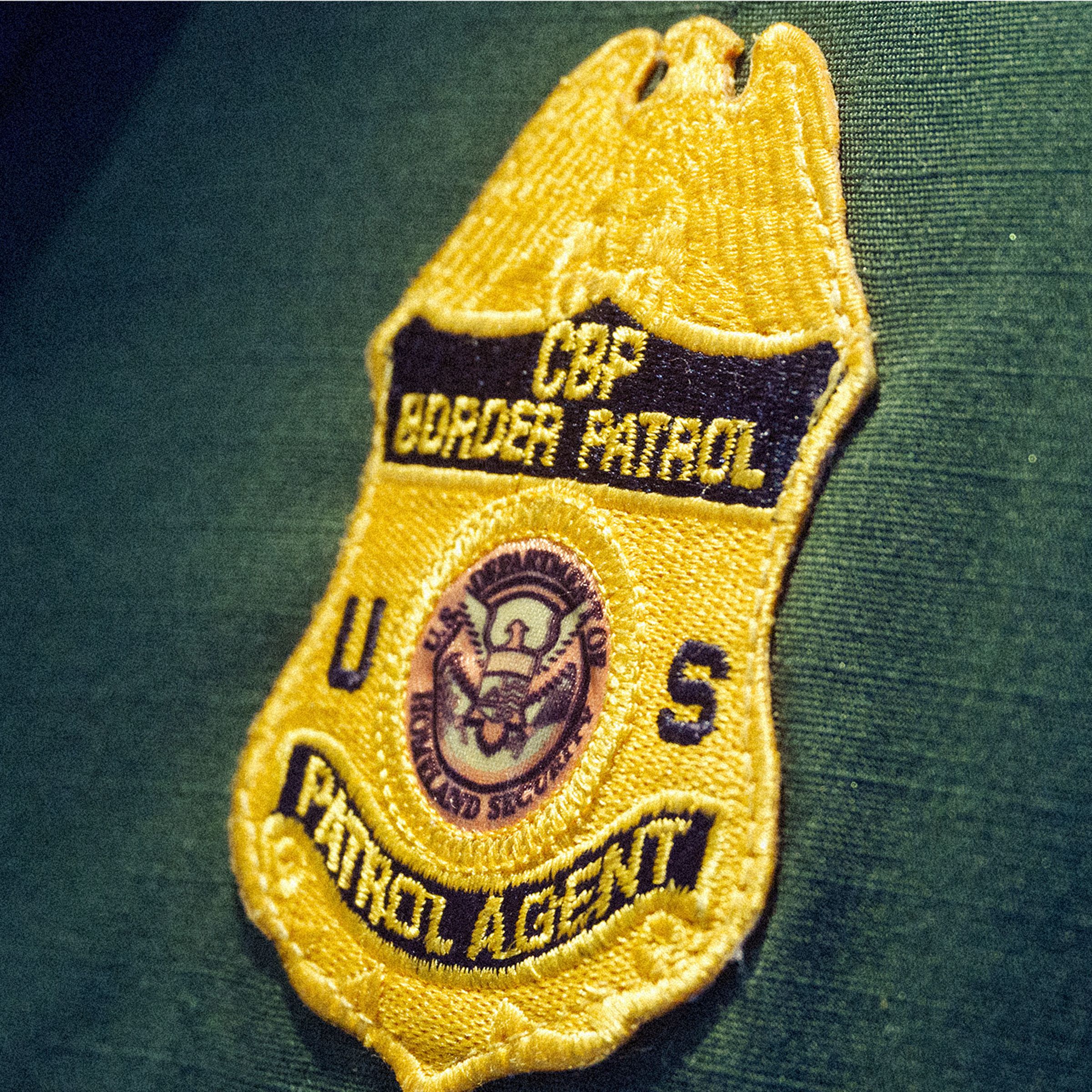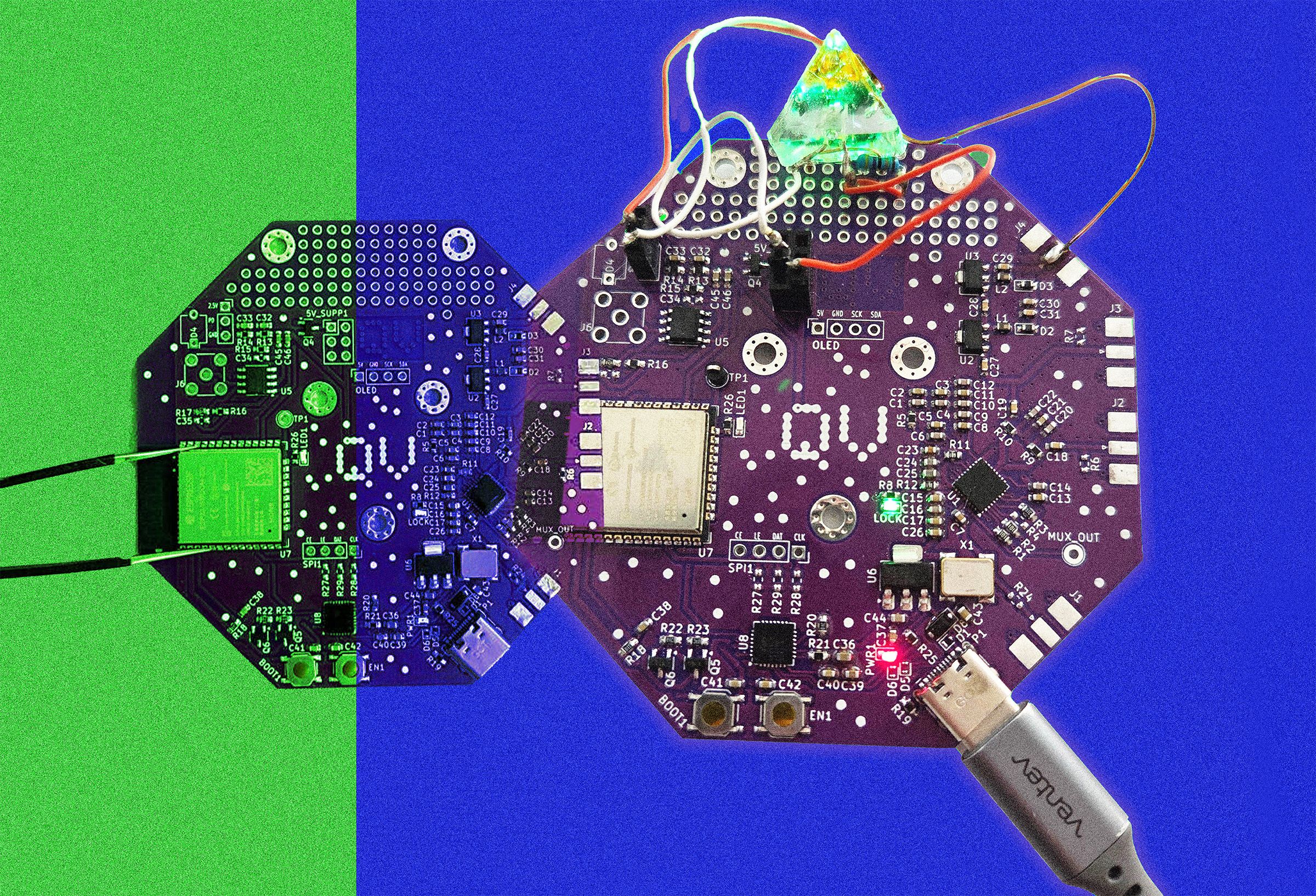Phone Searches at the US Border Hit a Record High

Phone Searches at the US Border Hit a Record High
In recent years, the number of phone searches conducted by US Customs and Border Protection (CBP) agents at the border has reached a record high.
According to a report released by the Department of Homeland Security, over 33,000 phone searches were conducted in 2019 alone, a 200% increase from the previous year.
These searches involve CBP officers accessing travelers’ phone data, including text messages, emails, photos, and browsing history, often without a warrant.
The surge in phone searches has raised concerns about privacy violations and civil liberties, with critics arguing that the practice is invasive and unconstitutional.
Proponents of the increased searches argue that it is necessary for national security and to combat illegal activities, such as drug trafficking and terrorism.
Some travelers have reported feeling violated and powerless when their personal devices are searched, leading to calls for greater transparency and accountability from CBP.
Several lawsuits have been filed challenging the constitutionality of warrantless phone searches at the border, with varying degrees of success.
As technology continues to advance, the debate over privacy rights versus national security interests is likely to persist, with no easy resolution in sight.
It remains to be seen how the courts and lawmakers will address the issue of phone searches at the US border in the future.




